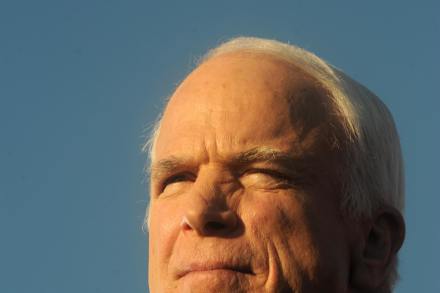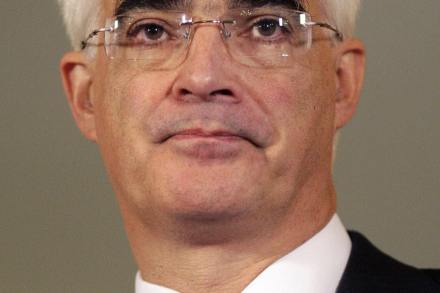Meet the real Joe Biden: Vice-President Plonker
It has become fashionable to blame Sarah Palin for John McCain’s election defeat. Sure, say Washington insiders, Palin invigorated the conservative base — add contemptuous sneer — but she alienated the independents and undecideds. The God-fearing mother-governor of Alaska was not fit for high office. Her television performances were an international embarrassment. In choosing Palin as his vice-presidential candidate, McCain proved that he was over-impulsive, cynical, foolhardy. All true to an extent. It should be recognised, however, that Senator Joseph Biden, the man who will now be sworn in as vice-president in January, is just as disastrous a public figure as Sarah Palin. In fact, he might be worse. At













